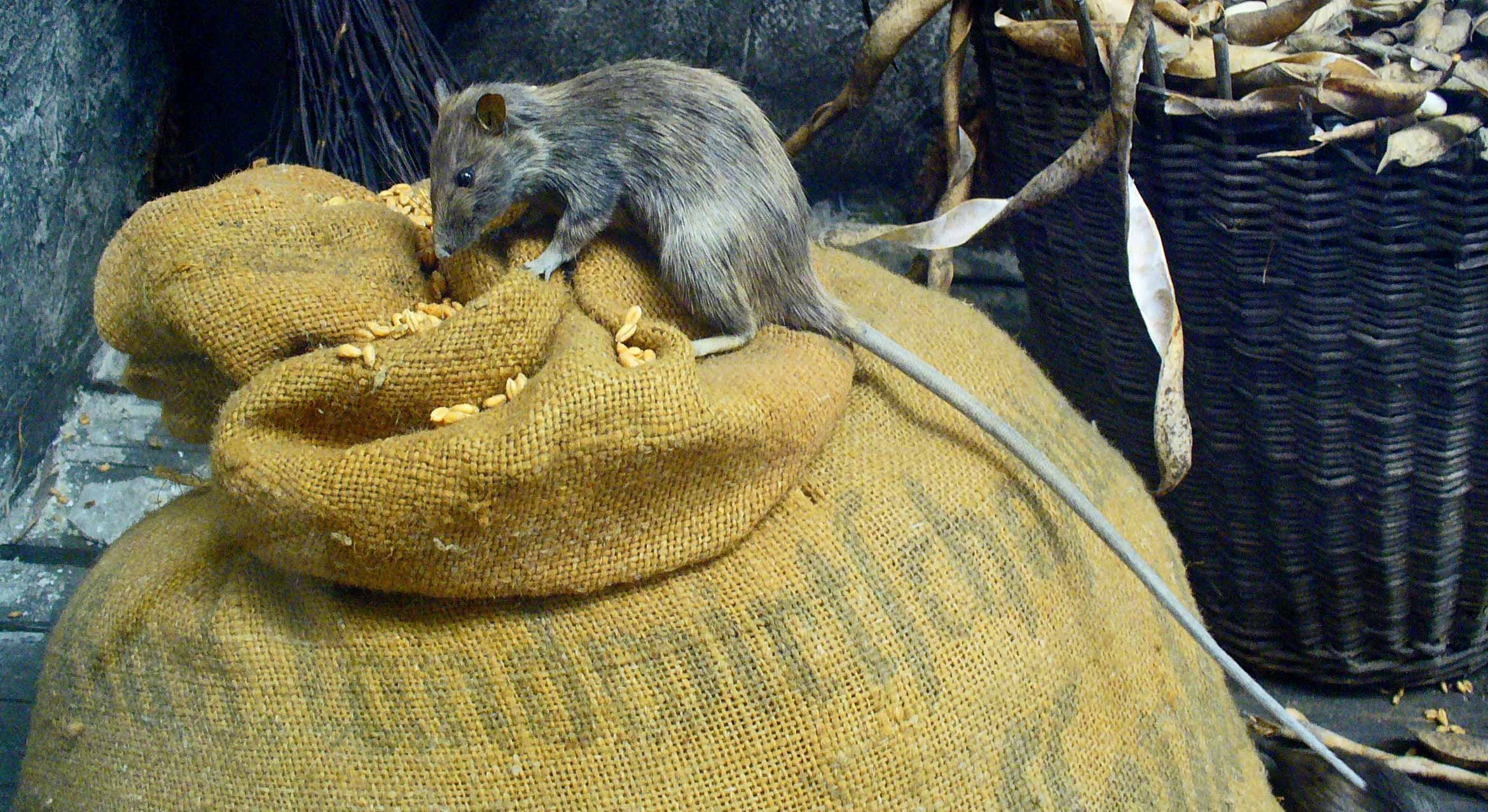
Innovation Acceleration
UC Santa Barbara has received $2.2 million in one-time funding, designated specifically to boost research innovation and spur economic development, from the state of California. The funds are a share of a total $22 million investment, to be divided among the UC system’s 10 campuses, that comes in the form of Assembly Bill 2664, the Innovation and Entrepreneurship Expansion Initiative authored by Assemblywoman Jacqui Irwin, D-Thousand Oaks, and signed last fall by Gov. Jerry Brown.
AB 2664 requires the University of California to “make one-time expenditures for activities to expand or accelerate economic development in the state in ways that are aligned with other efforts to support innovation and entrepreneurship.”
“The possibilities these funds bring have injected a great sense of excitement and energy within each UC campus,” said Christine Gulbranson, UC’s senior vice president for innovation and entrepreneurship. “The new infrastructure and programs to support student and faculty innovation and leadership made possible through Assemblywoman Irwin’s vision, the Legislature’s support and the governor’s backing will pay educational and economic dividends to California for decades to come.”
These one-time expenditures will mean different things for each campus. For UCSB, the $2.2 million will, among other things, go toward the creation of an on-campus incubator to accelerate the growth of the tech spinoffs generated by the campus’s Technology Management Program (TMP).
“The Garage Startup Incubator will fill an important gap in the local entrepreneurship ecosystem by continuing the development of early entrepreneurs as they transition from the academic environment to the real world,” said David Adornetto, TMP entrepreneurship program director. The facility, he said, will provide much-needed support and education for new entrepreneurs — including a summer accelerator — during the exciting and often somewhat uncertain time prior to the market launch of their business.
“In the early stages of a new venture, which is often referred to as the ‘valley of death,’ significant support is needed for technology feasibility, customer discovery, market validation, business model development and seed financing,” Adornetto continued. The incubator’s location at UCSB’s Mosher Alumni House will not only put the new entrepreneurs in close proximity to a wide range of campus resources, he said, but also serve as a natural gathering place for alumni, mentors and investors to help guide these new businesses. “We are excited by the impact this will have on the local entrepreneurship community,” he added.
Other measures planned for the UCSB campus include science and engineering lab spaces for startups, support for high-impact translational research and programming to help expand the pipeline of entrepreneurs. Associate Vice Chancellor for Research Tim Sherwood noted that this cohesive effort was made possible through “the interdisciplinary and collaborative partnership of TMP, the California Nanosystems Institute, the Bren School of Environmental Science & Management and many others.”
The UC projects funded by AB 2664 are expected to be long-term and suited to each campus’s strengths and to the needs of local and regional communities. They include programs that incorporate amplified outreach to underrepresented groups; seed- and proof-of-concept funding to bridge research and the market; expanded lab and incubator capacity; enhanced deployment of successful programs across campuses and among research labs; accelerated startup launch and growth and increased networking, mentoring, internship and entrepreneurship education opportunities.
The University of California is an intellectual and economic powerhouse, not only in California, but across the country and around the world. UC generates five inventions per day and more patents than any other university in the country and UC graduate students establish new startups at the rate of one every two weeks. UC-affiliated companies employ more than 38,000 workers across a wide arrange of industries, adding more than $20 billion in value to the state economy.
“The UC system is the gold standard for research and innovation,” said Assemblymember Irwin. “That’s why I’m proud to have authored AB 2664. The bill’s funding will help convert UC research into products that benefit society. It will lead to more startup businesses and local economic growth. Whether it’s an artificial kidney or water conservation tool, I look forward to seeing how each campus will tailor these grants to bolster its most promising research.”



